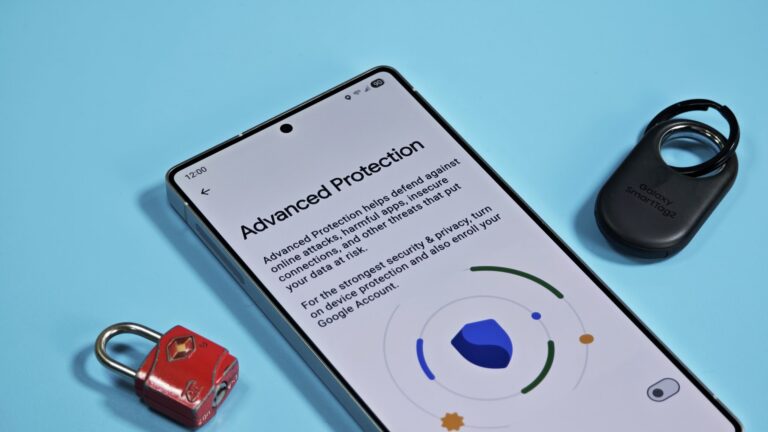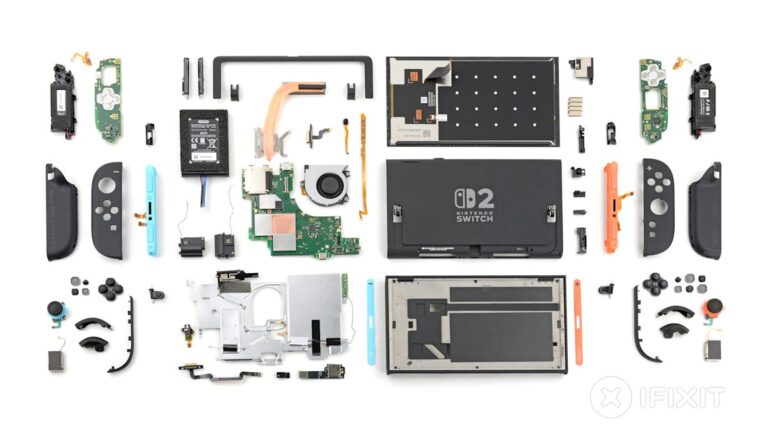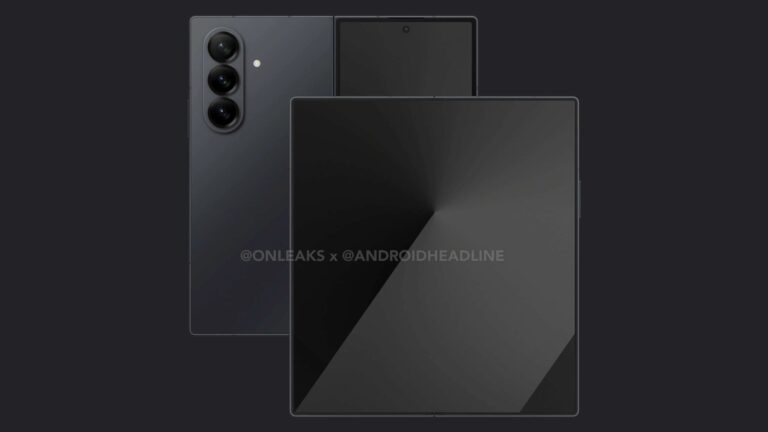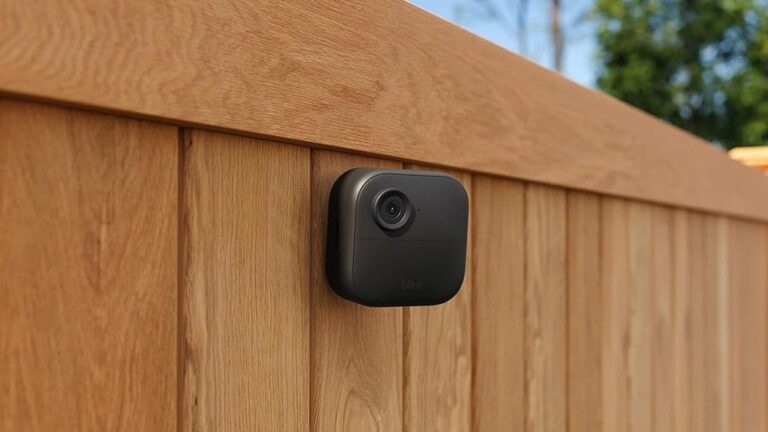T-Mobile customers rocking old handsets finally have a reason to be excited
Handsets on T-Mobile’s network not certified for satellite use will be able to connect to satellites
The Federal Communications Commission (FCC) previously required device manufacturers to seek regulatory approval to enable satellite connectivity on their devices. This was, loosely speaking, nothing more than a formality, as most modern devices are capable of connecting to satellites. This requirement meant that T-Mobile couldn’t bring T-Satellite to a device before a device manufacturer obtained regulatory approval.In April, T-Mobile asked for this requirement to be waived, explaining that it lengthened the time it took to bring the life-saving service to more users.
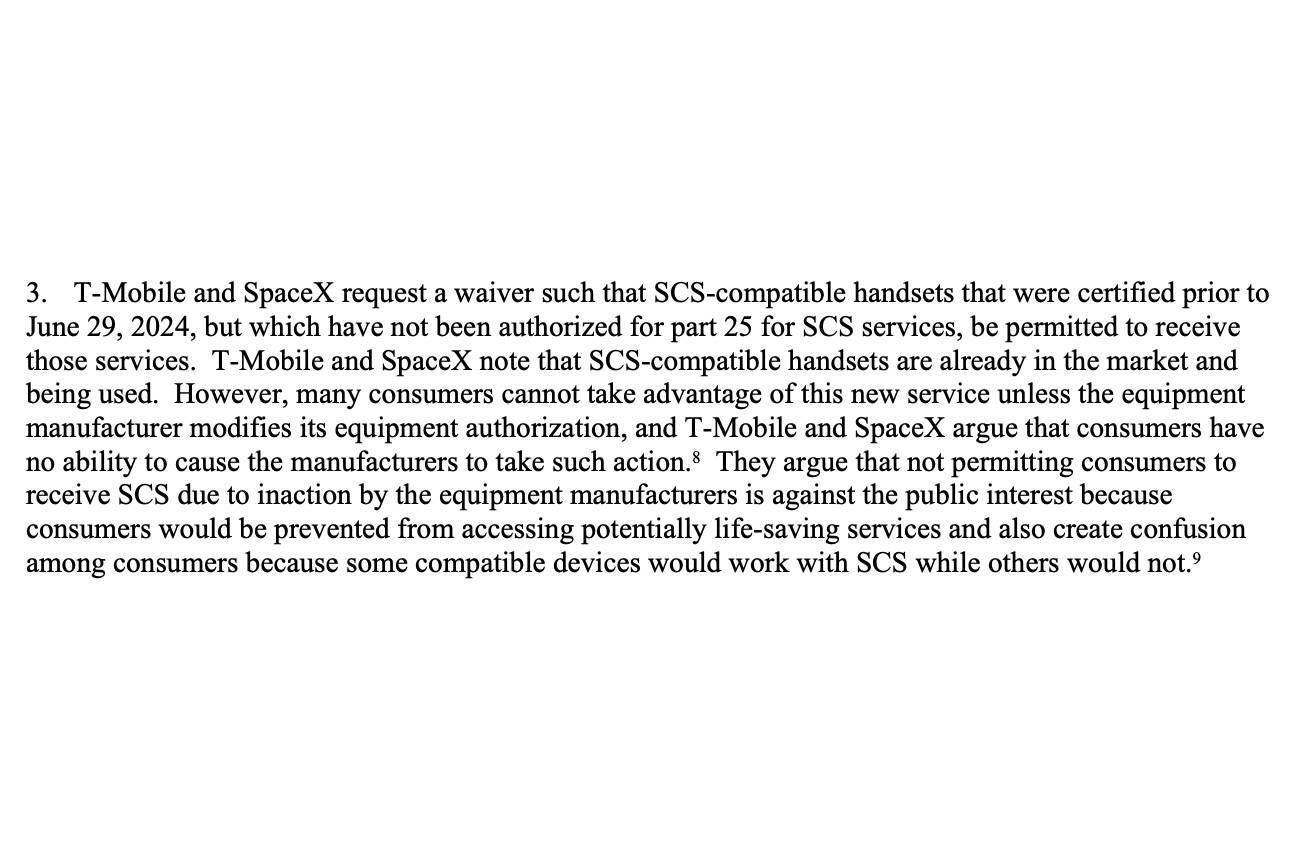
Many handsets theoretically capable of running the feature couldn’t do so because of inaction from device manufacturers.
The waiver has now been granted, with the FCC saying that devices that have already been approved for terrestrial operations or traditional wireless services through mobile towers can now connect to Supplemental Coverage from Space (SCS) services. This will ensure that consumers stay connected even when they are out of range or when there is a network breakdown.
While Apple and Samsung phones going back to the iPhone 13 and Galaxy S21 are supported right now, the only other smartphones that are compatible are the most recent Google Pixel models and a bunch of Motorola handsets. The service currently has 1.8 million users.
The list of eligible devices was already going to expand to include some affordable Samsung phones, additional Motorola handsets, and a couple of T-Mobile‘s own REVVL handsets, and now that the waiver has been granted, we expect it to grow quickly.
The relaxation of the rules comes just as the T-Satellite beta is about to end. The service is free for T-Mobile customers on Experience Beyond and Go5G Next plans, while everyone else, including AT&T and Verizon customers, will be charged $10 a month.
Currently, only texting is supported, but a data service will be introduced on October 1.

